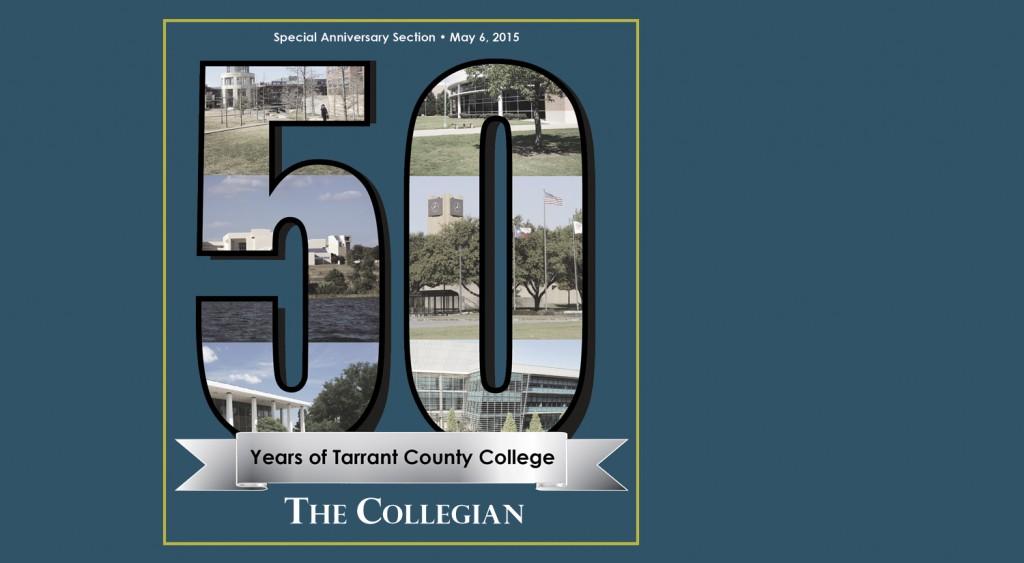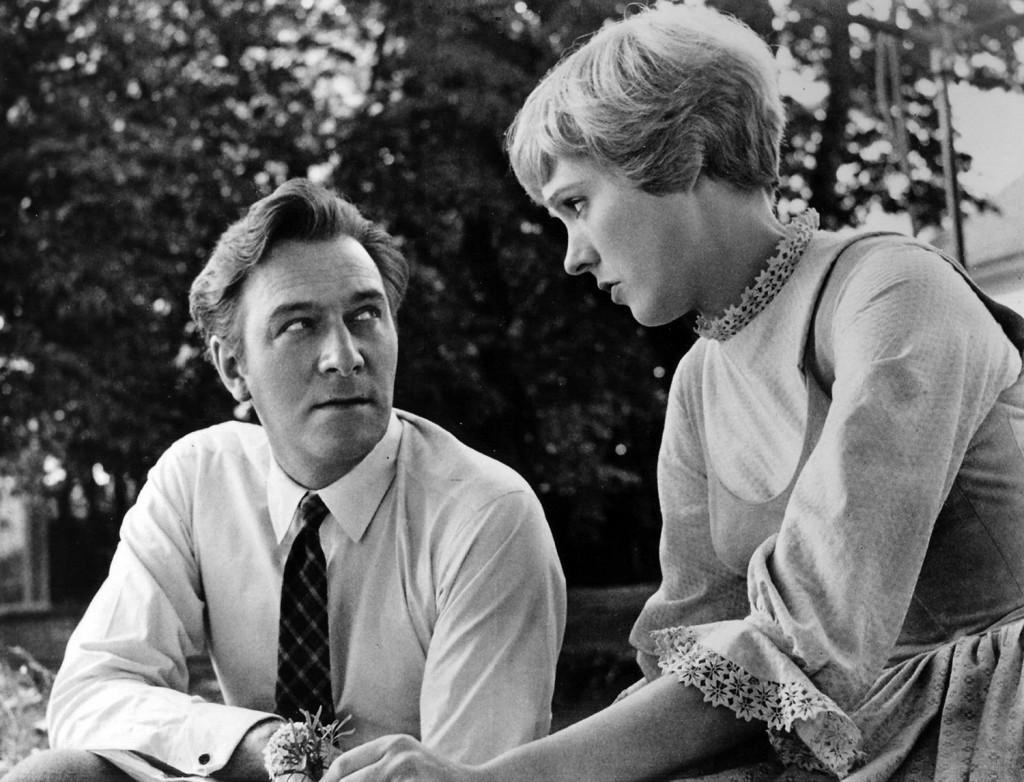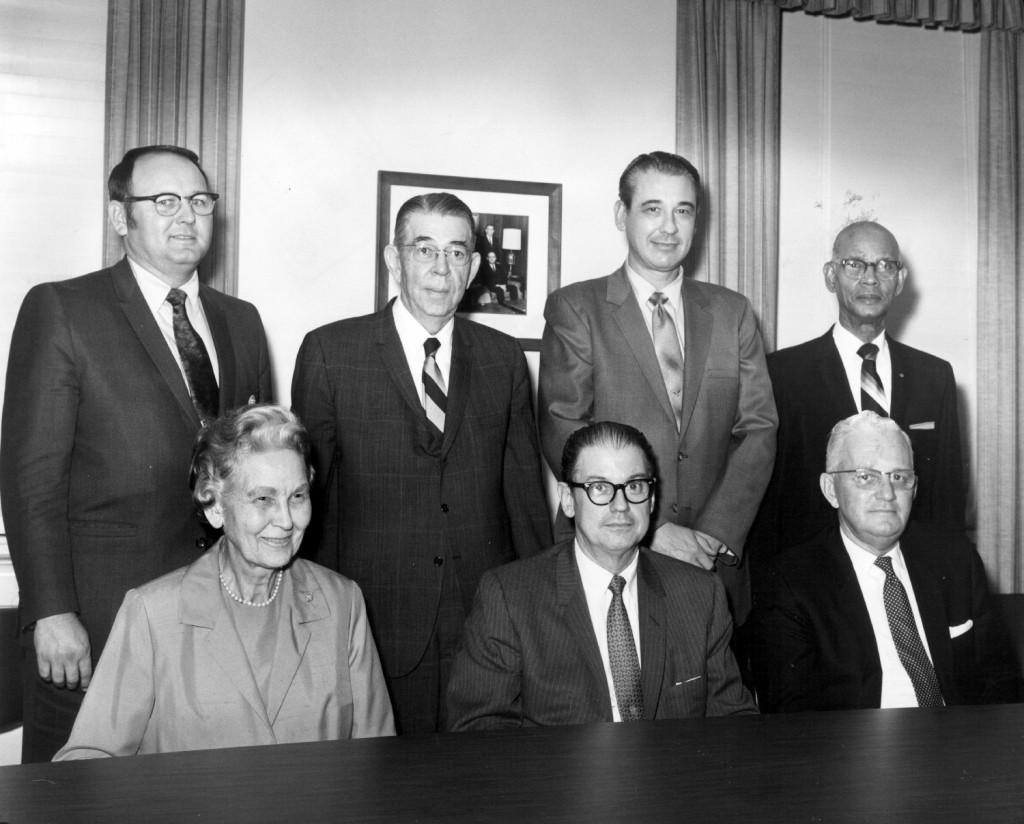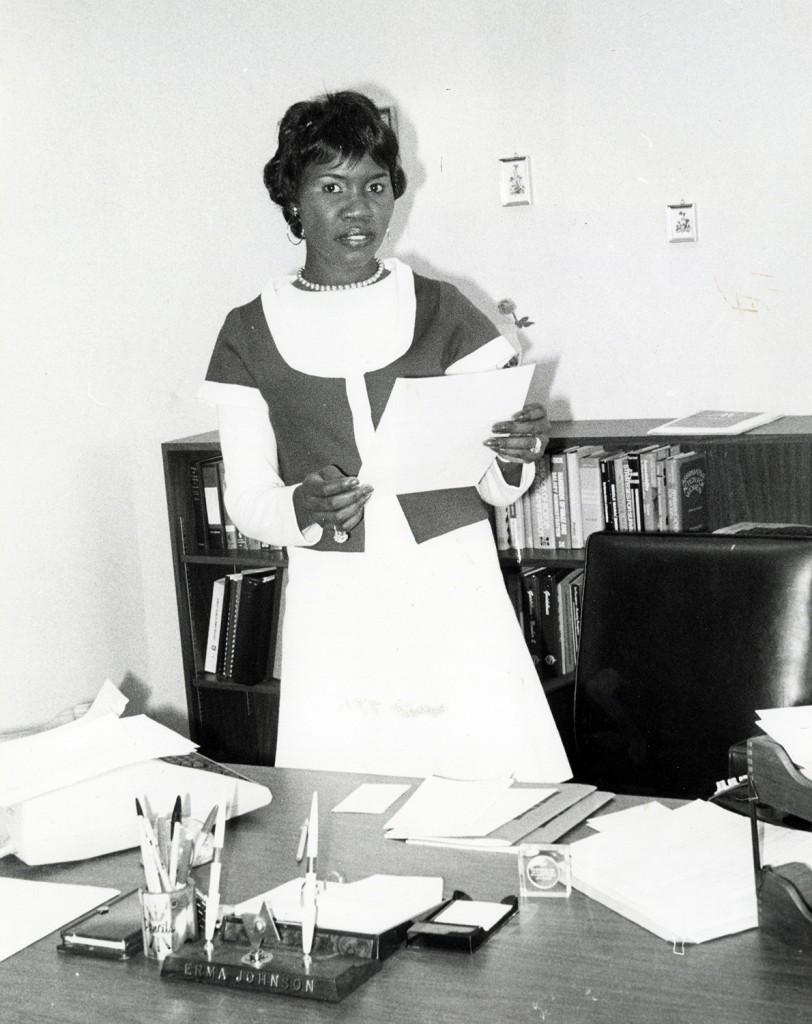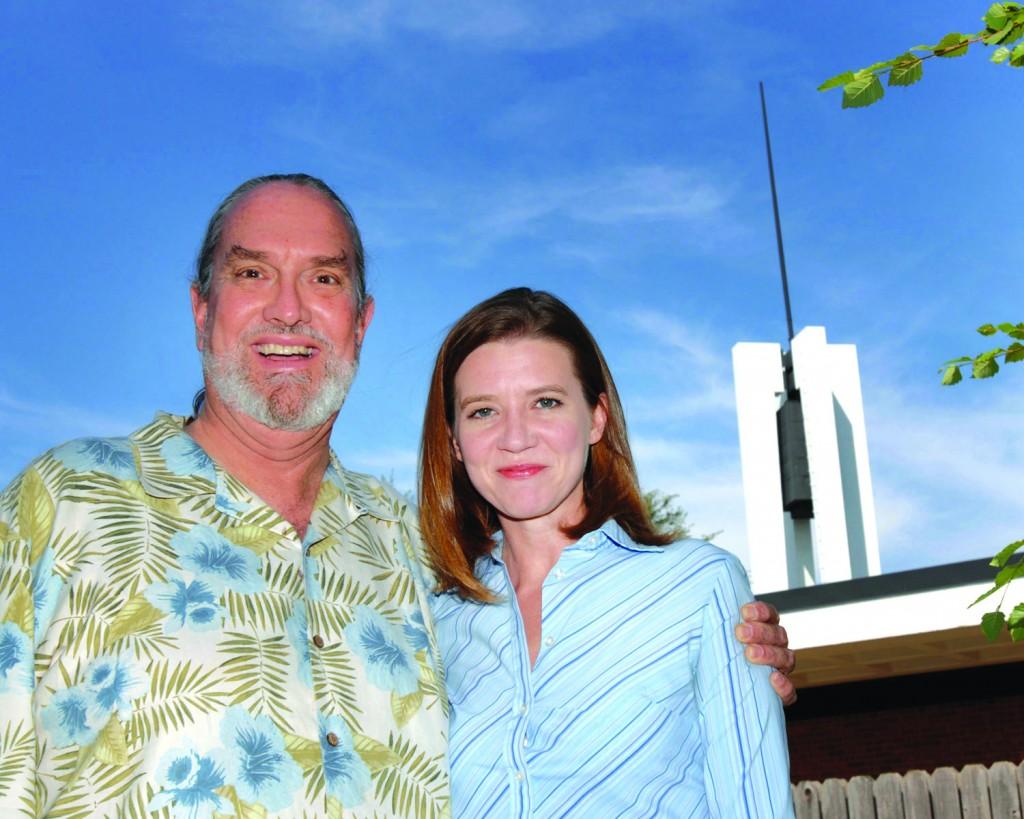By Chelsea Olson/reporter
TCC was founded in 1965 and opened its first campus in 1967, an eventful time for the start of a new school to serve the community.
“This was the Vietnam War era, so there were some heated discussions, no violence or anything, but it was an interesting time to go to college because of the Vietnam War,” said former administrative vice chancellor Bill Lace. “And that spring semester of 1968, MLK [Martin Luther King Jr.] was assassinated.”
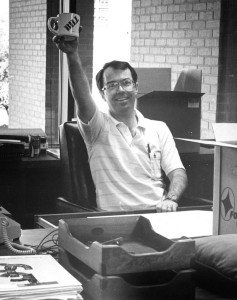
TCC is releasing a comprehensive history of the college compiled by the 34-year veteran.
The current adjunct instructor has spent the past year gathering information from TCC publications, yearbooks and student newspapers and interviewing faculty, administrators and former students.
“It’s something to pass on to people who will be here in the next 50 years,” he said. “The longer you go without doing something like this, the more difficult it becomes.”
Lace was interested to find a sound resemblance in how Tarrant County Junior College, as it was known then, mirrored large universities. The college went the extra mile in making the two-year college a stepping stone to a four-year university.
“They had yearbooks, class favorites, style shows,” he said. “The students voted on a nickname, official colors and voted on the name of the newspaper.”
Further into his research, Lace was surprised to learn how difficult it was to open the beginning campuses. After being awarded grants and permits, the district had only 13 months to construct the South Campus and get it ready for students.
Simultaneously, the NE Campus was the second campus permitted to open, and despite having an extra year to build, it had its share of struggles in starting.
“The [NE] campus was largely unfinished. About three days before the fall semester began, Dr. Joe Rushing [founding district president] had decided that it just won’t work,” Lace said Rushing decided. “We’ll have the day students attend their classes at the South Campus, and after the work crew is finished, the NE Campus evening students can attend those classes after the workers clear out.”
In continuing his research, Lace spent countless hours reading through the minutes from every board meeting from 1965 until present day. He set up his main timeline that the book encompasses, which scales in at 24 pages.
Despite the struggles TCC encountered in its beginning, it now celebrates its 50th anniversary. Board of trustees assistant secretary Conrad Heede said it’s important for that history to be shared.
“We do so much good work, the heavy lifting of making college students ready for four-year universities and those continuing their education,” Heede said. “We’ve got to tell that story — it’s history.”
This formal history will be available on the TCC website as an e-book, and a high-quality, soft book pictorial history is being shaped by Lace as well. Both should be available this summer.

























